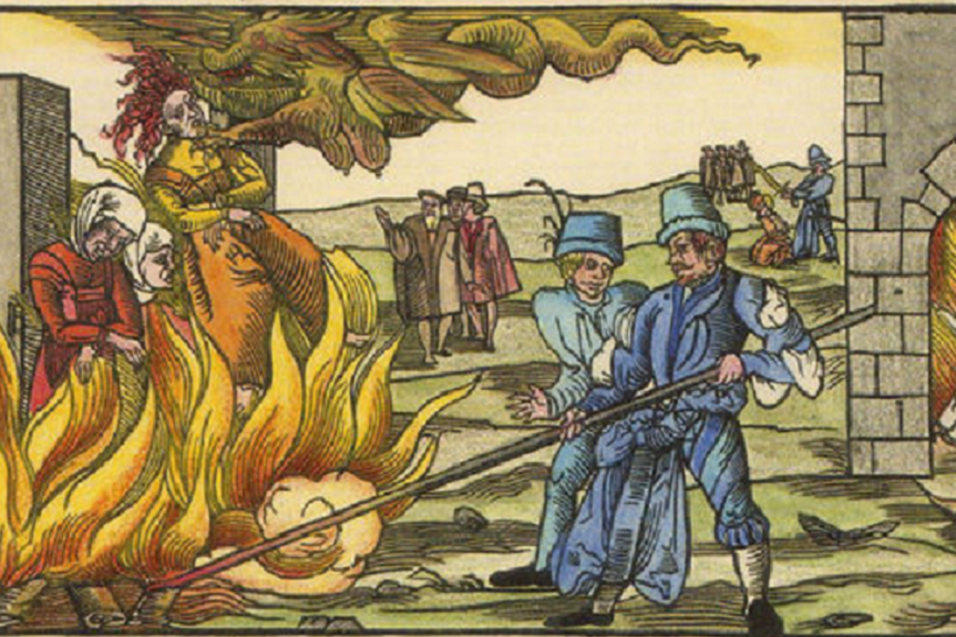Universitätscampus AAKH Hof 1, 11
Spitalgasse 2, 1090 Wien
Where does human violence come from? It is probably primarily a legacy of evolution. It was then likely refined and amplified along with the emergence of language. Finally, it turned into identity-based hatred and cruelty, transforming cultural diversity and local differences into a source of conflicts akin to those among different species.
Human cruelty remains an enigma in the sense that its expressions are a denial of what we call humanity. I propose to reformulate the question based on contemporary knowledge on evolution (paleontology, biology, ethology, and cultural anthropology). Those disciplines teach us that there is a form of violence inherent to the life of animal species and associated with spontaneous inhibitions; those inhibitions, however, remain ineffective in cases of pseudo–speciation, i.e. when a fellow creature is viewed as a dangerous stranger. In the human species violence can then become extreme, i.e. turn into hatred and cruelty; this suggests that it may be associated with the emergence of the ability for human language. While language is universal as an unlimited potential to tell and imagine, it is also always associated with unique languages and cultures. Hence the risk of a cultural pseudo–speciation at the core of the identity conflicts, persecutions, and extreme ideological hatreds our species has experienced and is still experiencing today.
BIO:
Marcel Hénaff, is a philosopher and anthropologist, professor at the University of California, San Diego. He has taught at the Universities of Copenhagen, Johns Hopkins, Kyoto and at the Collège International de Philosophie in Paris. He studied anthropology at the University of Abidjan, Ivory Coast. His publications (translated in several languages) include Sade, the Invention of the Libertine Body (Engl.tr. U of Minnesota Press,1999); Claude Lévi-Strauss and the Making of Structural Anthropology (U of Minnesota Press, 1998); The price of truth. Gift, Money, Philosophy (Stanford U Press 2010 – Grand Prix of French Academy). The City in the making (Rowman, London, 2015). Le Don des philosophes. Repenser la réciprocité, Paris, Seuil, 2012; Violence dans la raison? Conflit et cruauté, Paris, L’Herne, 2014. – His main field of research is political philosophy and anthropology of political institutions, economic relationships, forms of social bond and symbolic practices.

